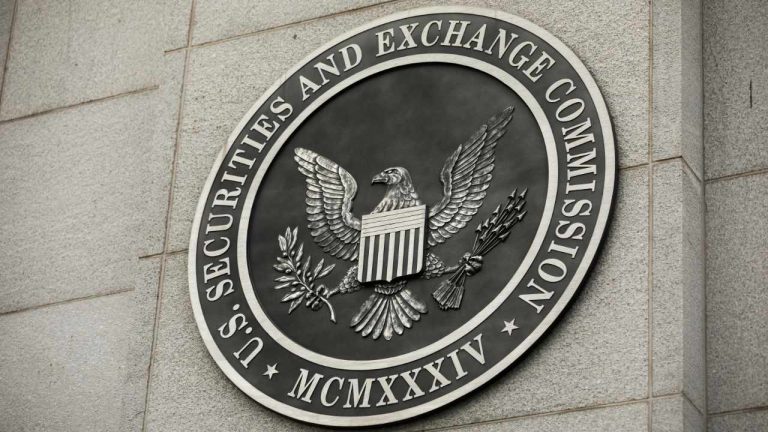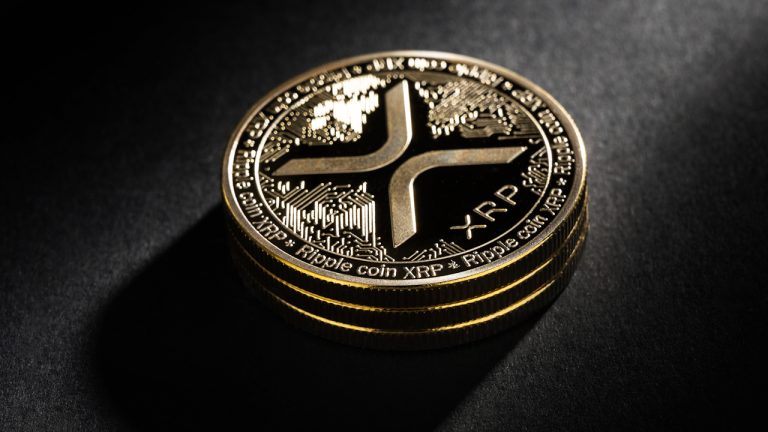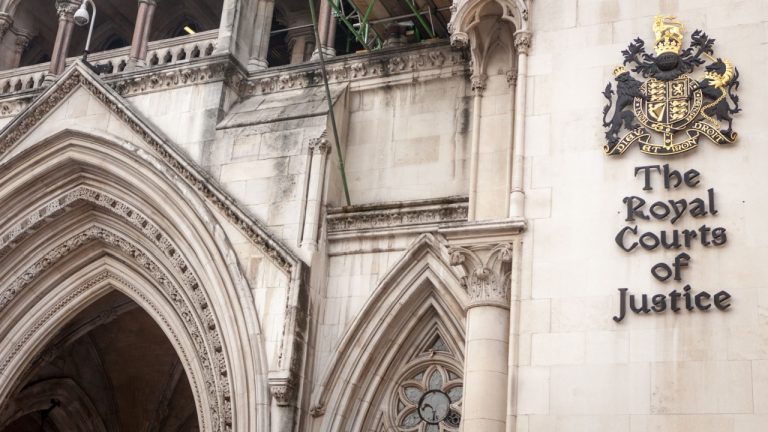
Bitcoin price descends to new lows, dragging altcoins down with it just days before the long-awaited BTC supply halving.
Bitcoin (BTC) dipped back toward $61,000 on April 17, indicating a lack of demand at higher levels. According to data from Farside Investors, Bitcoin’s recent price action has resulted in net outflows from the spot Bitcoin exchange-traded funds (ETFs) on April 12 and 15. CryptoQuant founder and CEO Ki Young Ju said in a X post that demand for Bitcoin ETFs has “stagnated for 4 weeks.”
However, a comforting factor for the bulls is that the whales have not panicked and are not selling on weakness. Data from research firm Santiment shows that the largest Bitcoin wallet cohorts have been on an accumulation spree since March 1.
The whales seem to be holding on to their positions due to the bullish outlook in the long term. Bitwise Asset Management said in a X post that after the three previous Bitcoin halvings, Bitcoin’s prices remained soft for a month but witnessed triple-digit gains a year after the event.







